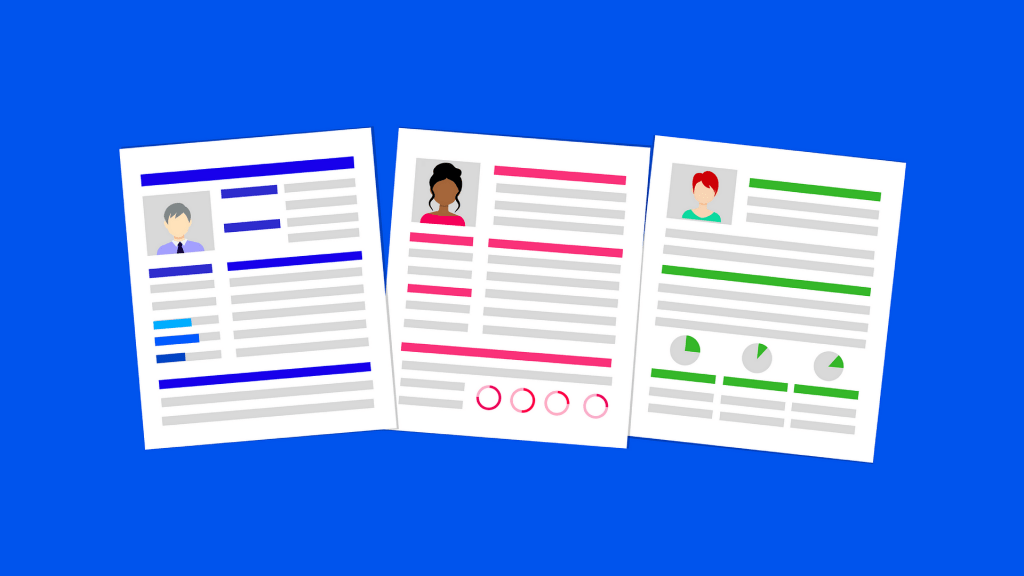Do You Need Transferrable Skills for Your Resume?
There was a time when I shied away from giving resume advice. It felt like those ideas should come from an HR professional or someone with decades of experience. I still think you should seek out advice from such sources.
However, my experience has given me a chance to read through several hundred resumes, largely for people looking either for their first job or to transfer either industry or job title. These are the cases where you must rely more heavily on transferable skills.
If you are a computer programmer going from one Python job to the next, transferable skills likely won’t be as important as your programming abilities. If you are a salesperson going from one enterprise sales job to the next, you have proven your job-specific abilities.
If, however, you are a programmer looking to take on a sales role, you can’t rely on your programming skills to get you the job. If you are fresh out of school and looking for your first real job, nothing in your internships and classwork will put you ahead of the more seasoned candidates.
When you can’t rely on your job-specific skills to get you through, you need to rely more heavily on transferable skills.
The Purpose of a Resume
There are a few ways that skills, including transferable skills, are generally conveyed on a resume.
Before we get into the specifics, remember that there are two primary purposes of a resume.
- Verify that you pass a minimum bar for skills and experience
- Show evidence of impact
I’m going to assume that you have already done your due diligence for (1). Most employers will throw away all resumes that don’t match the minimum skills and experience. It’s not a factor that is weighted against everything else. It’s a cutoff, pure and simple. You can’t get around it.
Once you pass that initial check, impact becomes a bigger deal. Companies aren’t generally looking for the hardest workers or the people with the deepest javascript knowledge. What they are looking for are the people that make the biggest difference. On any resume, you need to show that you have made a difference in your previous positions.
You need to show quantitative measures of impacts like these:
- How much revenue you’ve earned the company
- How much you’ve reduced costs
- How much you’ve derisked company processes
Those are important to any resume. And you can find many, many resources on how to better prove impact on your resume. Instead of going down that rabbit hole, let’s get back to what makes this process unique in the case of transferable skills.
Including Transferable Skills on Your Resume

So why did I go off on that tangent about impact? Well, I did it because it matters to this subject.
When you apply for one engineering job coming from a similar engineering job in the same industry, your employer can look at the impact that you made in your previous job and be reasonably certain that you’ll be similarly impactful in your new job.
But what if you decide to apply for a marketing position instead? Does the ability to make an impact in engineering mean that you’ll be similarly impactful in marketing? The skillsets are very different, so probably not. That’s not to say that you won’t be a great marketer, but employers don’t like to take risks.
This is where transferable skills come into play. You need to connect the dots for the employer. Show them that your engineering impact used skills that will make you a great marketer as well. Derisk yourself in their eyes.
Maybe you discovered a huge flaw in an assembly line that was costing the company hundreds of thousands of dollars in flawed products. As an engineer, you are probably focused on the technical solution for that problem, but the hiring manager for the marketing job won’t care what system you accessed, what engineering methods you used, or anything of that sort.
Instead, explain it in terms of the transferrable skills you used. Show that the real impact came from problem-solving, communication, resource management, and other skills that would be as useful for a marketer as for an engineer.
Instead of having to guess at how fixing an assembly line makes you a good marketer, you are showing that you are a problem-solving, resource-managing machine that just happened to use those skills on an assembly line. That’s a lot less risky of a hire.
Transferrable Hard Skills
The above process is primarily for transferable hard skills, which are what we typically mean by the broader term of transferable skills.
Some hard skills are also transferable. The ability to use Microsoft Excel is a technical, hard skill, but because Excel is used almost universally in the business world, it is a very transferable skill.
These transferable hard skills can easily be treated just the same as you treat any other hard skill. As with any skill, of course, it doesn’t hurt to weave these into your professional experience descriptions or use a functional resume if that makes sense for your particular case.
Final Thoughts
Switching industries or career fields is a challenge. The hiring process is all about managing risk, and the least risky employees are those that have proven themselves in the exact same position in the past.
Don’t forget to:
- Focus on your impact
- Derisk yourself in the company’s eye
- Draw connections using transferrable skills
It’s not impossible to break free of your specialization. Getting past the resume phase is the hardest step, especially if you are responding to job listings for corporations, most of which have a very strict HR screening process before the hiring manager ever sees the resume.
There are two things you can do to get past that. You can research your way into the job or you can focus on getting a startup job since they have less bureaucracy than large corporations.
Also, be sure to ask people in your new industry or field. See if they would buy the way you are selling yourself. Use all the feedback you can get.
Most importantly, don’t give up hope. You’ve chosen a hard road. Recognize that and own it. Be prepared to fail, learn and improve. You’ve got this!

